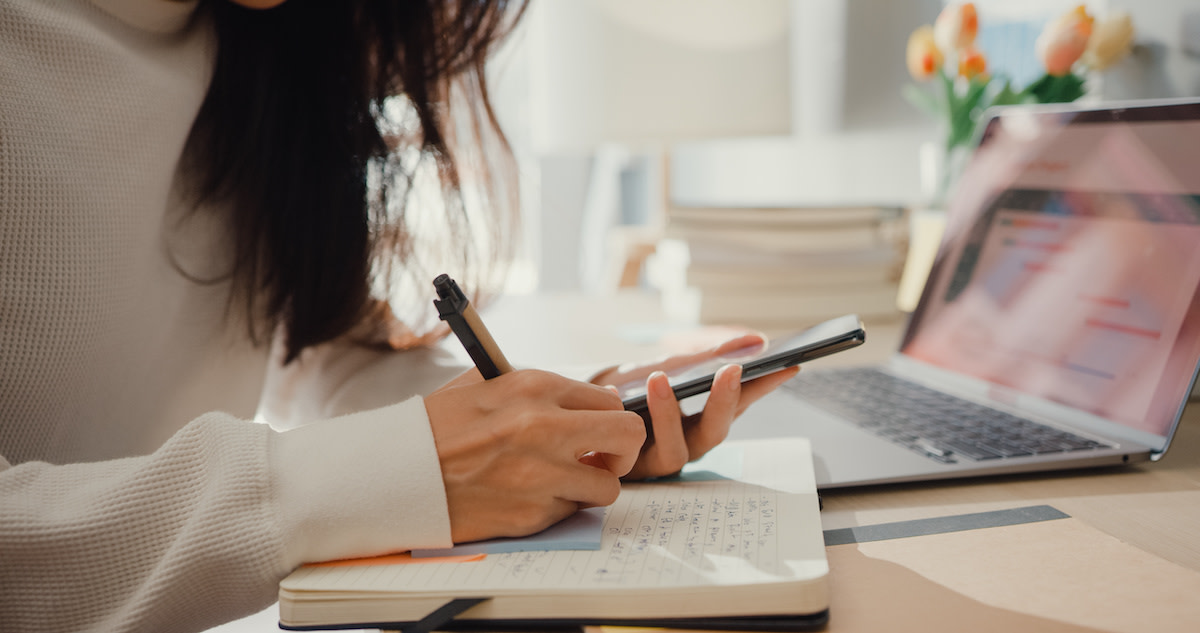Personal Responsibility: How to Develop Personal Responsibility
Written by MasterClass
Last updated: Nov 14, 2022 • 2 min read
Personal responsibility is a skill you can build through self-awareness. Learn how to improve your sense of personal responsibility.
Learn From the Best
What Is Personal Responsibility?
Personal responsibility means holding yourself accountable for your own actions and exercising self-control. Those with personal responsibility work to understand their own power and agency in a given situation. They know external factors matter, but they also understand their individual responsibility as well. Implementing personal responsibility means that, especially after mistakes, you take time to figure out how you could have done things better and make plans to improve in the future. Personal responsibility also includes the ability to take credit for the positive contributions you made.
How to Develop Personal Responsibility
You likely began your journey with personal responsibility since childhood, but you can always further develop this skill. Here are a few tips to gain a bigger sense of personal responsibility in your life:
- Be organized. Ceate a system that organizes your life in a manner where you can stay most aware and situated in your responsibilities. Use planners, apps, journals, written notes, or some other organizational system to keep track of exactly where your sphere of responsibility begins and ends. If you easily forget things, use reminders when someone gives you a task you agree to do. This way you can balance a weakness with a strength of creating a system of proactive notation.
- Create boundaries. Know your limits and set boundaries that prevent you from over-extending or over-committing. Part of personal responsibility is understanding how to protect your own well-being.
- Communicate clearly. Seek clarity and clearly communicate your needs to those with whom you work. Human beings are social creatures and the clearer you can understand your expected role in a team or community, the better you’ll be able to carry out your responsibilities. Seek feedback and reflect on your own efforts along the way.
- Have humility. Practice humility and the ability to self-reflect honestly. It’s a strength to be aware of your limitations and faults, as long as you aren’t obsessing over them. Humility allows you to respond in a mature way to both successes and faults. Take pride in what you know you do well and acknowledge the other people and circumstances that help you perform in those positive ways. Similarly, be honest about your weaknesses and ways you can improve relationships and your treatment of other people.
- Practice self-control. Take a moment to breathe when something doesn’t go as planned. Remind yourself that not everything can go perfectly and that mistakes are inevitable. In these moments, it’s easy to either blame ourselves for everything or shift blame entirely on others. The truth is usually more complex and takes time to internalize. For example, if you are hosting a gathering and someone forgets to provide food you were relying on, focus on solutions and extending grace. There is time for assessing how to more effectively plan later on, but it isn’t practical to blame someone over what can’t be helped in the moment. Later you may realize there’s a better system you can use to remind and inform people of what to bring. This allows you to have an actionable solution, rather than get stuck in a blame game.
You’re Worth It
Figuring out what you want to do next and how to get there? Learn how to embrace your passions with a MasterClass Annual Membership and find the grit to take control of your life with exclusive access to video lessons taught by the world’s best, including Robin Arzón, Elaine Welteroth, Hillary Rodham Clinton, RuPaul, and more.
